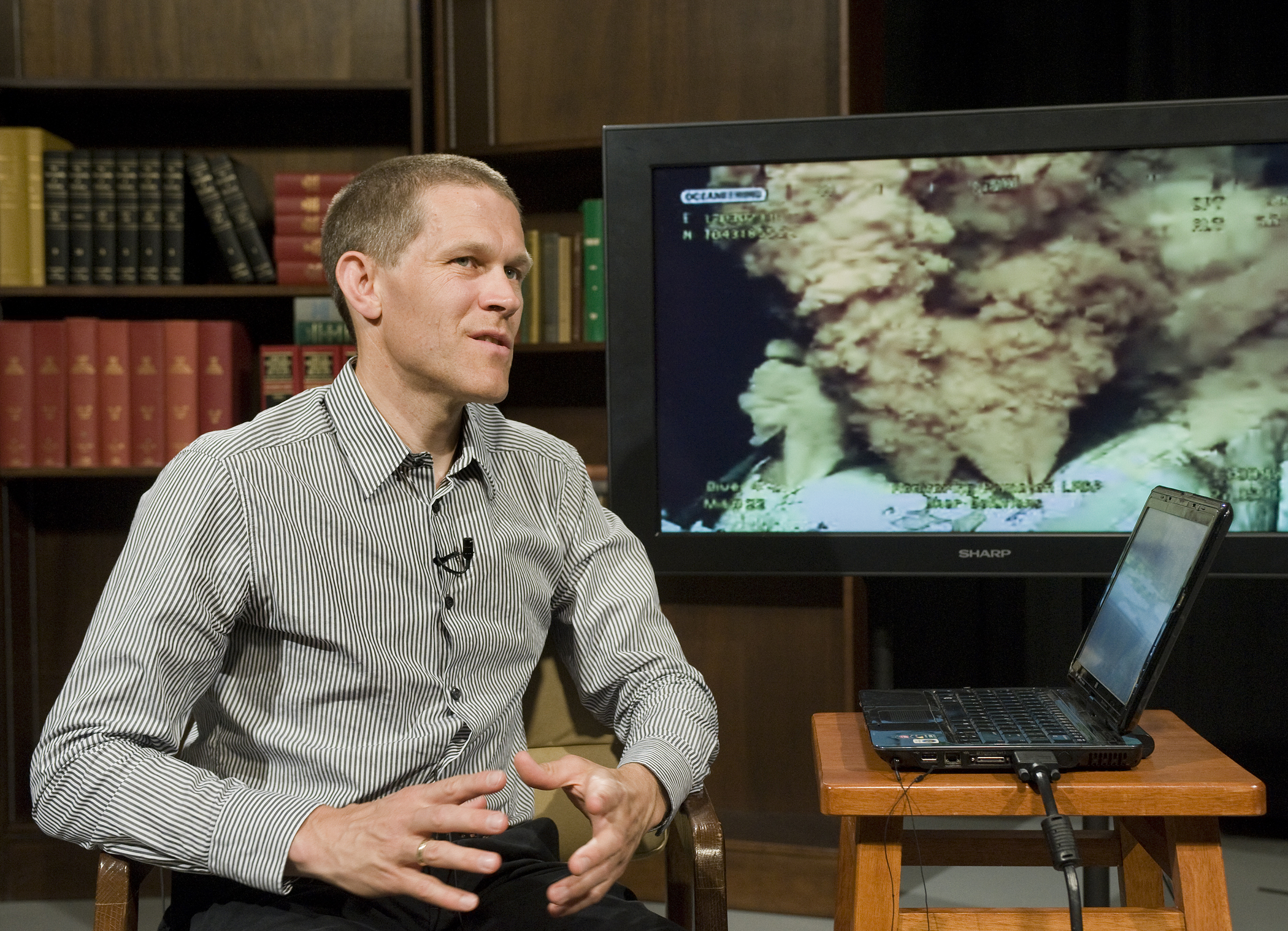251 years of experience: saying goodbye to seven Purdue ME faculty legends
251 years of experience: saying goodbye to seven Purdue ME faculty legends
Stuart Bolton
J. Stuart Bolton earned his Bachelor of Science in mechanical engineering from the University of Toronto, was awarded his Master of Science in sound and vibration and his PhD from Southampton University. Shortly after graduating, he became a visiting professor at Purdue University’s School of Mechanical Engineering and has since been a faculty member for 40 years. His main research areas included, acoustics, active and passive noise control, sound field visualization, structural acoustics and wave propagation in structures, noise control material modeling, and applied signal processing. Most of his research took place at Herrick Labs.
He has co-authored numerous journal articles, conference proceedings, symposium proceedings, and even co-authored a book titled, Acoustical Visualization of Aeroacoustic Noise Sources: Application of Multireference Near-field Acoustical Holography (NAH).
Stuart was a member and fellow of the Institute of Noise Control Engineering and the Acoustical Society of America. Although Stuart was a part of many committees during his time at Purdue, his most recent involvement was as a member of Purdue’s University Promotion Committee, as well as the School of Mechanical Engineering’s Grad Committee.
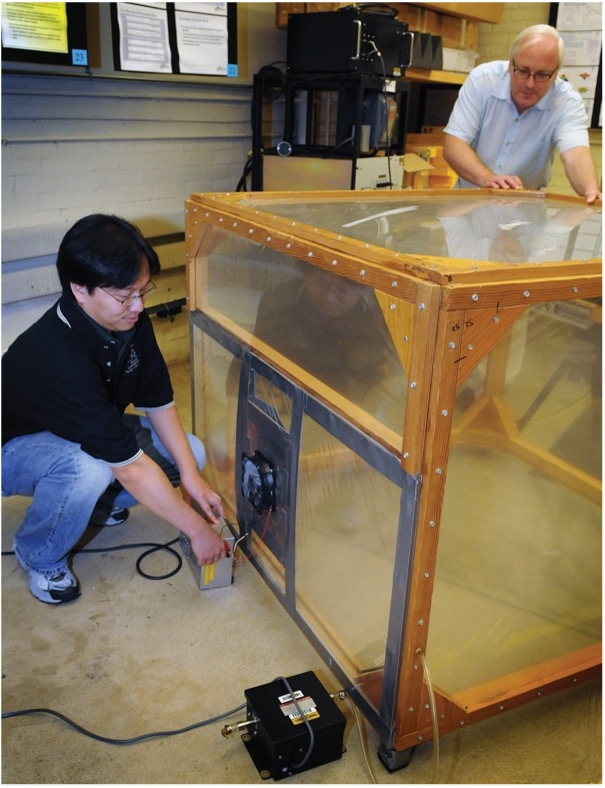
His involvement with students was plentiful, as he taught many courses in acoustics, supervised an array of graduate students, directed many M.S. thesis and non-thesis students, and served as a supervisor for two visiting students.
In his early career days he organized, lectured and presented close to 40 short courses at many different universities. He also has six patents and patent disclosures, the most recent one from July 2022 for generating simulated audio samples for predictive model training data.
Stuart was recognized by the College of Engineering for being a faculty member who has inspired students and fostered excellence in commercial or defense product realization and was awarded the Ruth and Joel Spira Award. He was also awarded the Per Bruel Gold Medal in Acoustics and Noise Control from ASME.
Jim Braun
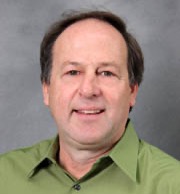 James E. Braun graduated from the University of Massachusetts with his Bachelor of Science in mechanical engineering. Braun then earned his master’s and PhD in mechanical engineering from the University of Wisconsin. After earning his PhD, Braun worked in industry for a few years before coming to Purdue as an assistant professor in August of 1991.
James E. Braun graduated from the University of Massachusetts with his Bachelor of Science in mechanical engineering. Braun then earned his master’s and PhD in mechanical engineering from the University of Wisconsin. After earning his PhD, Braun worked in industry for a few years before coming to Purdue as an assistant professor in August of 1991.
Braun has since become Professor of Mechanical Engineering, Herrick Professor of Engineering, and Director for the Center of High Performance Buildings, ending his career at Purdue after 33 years. His main research involved design, control, and monitoring of thermal systems, especially for building HVAC systems. He was ranked the number 1 scholar in the world for heating, ventilation, and air conditioning research. Braun earned 140 sponsored research grants during his career. He also helped to develop many of the facilities at Herrick Labs, such as a building-within-a-building testbed for human-building interactions.
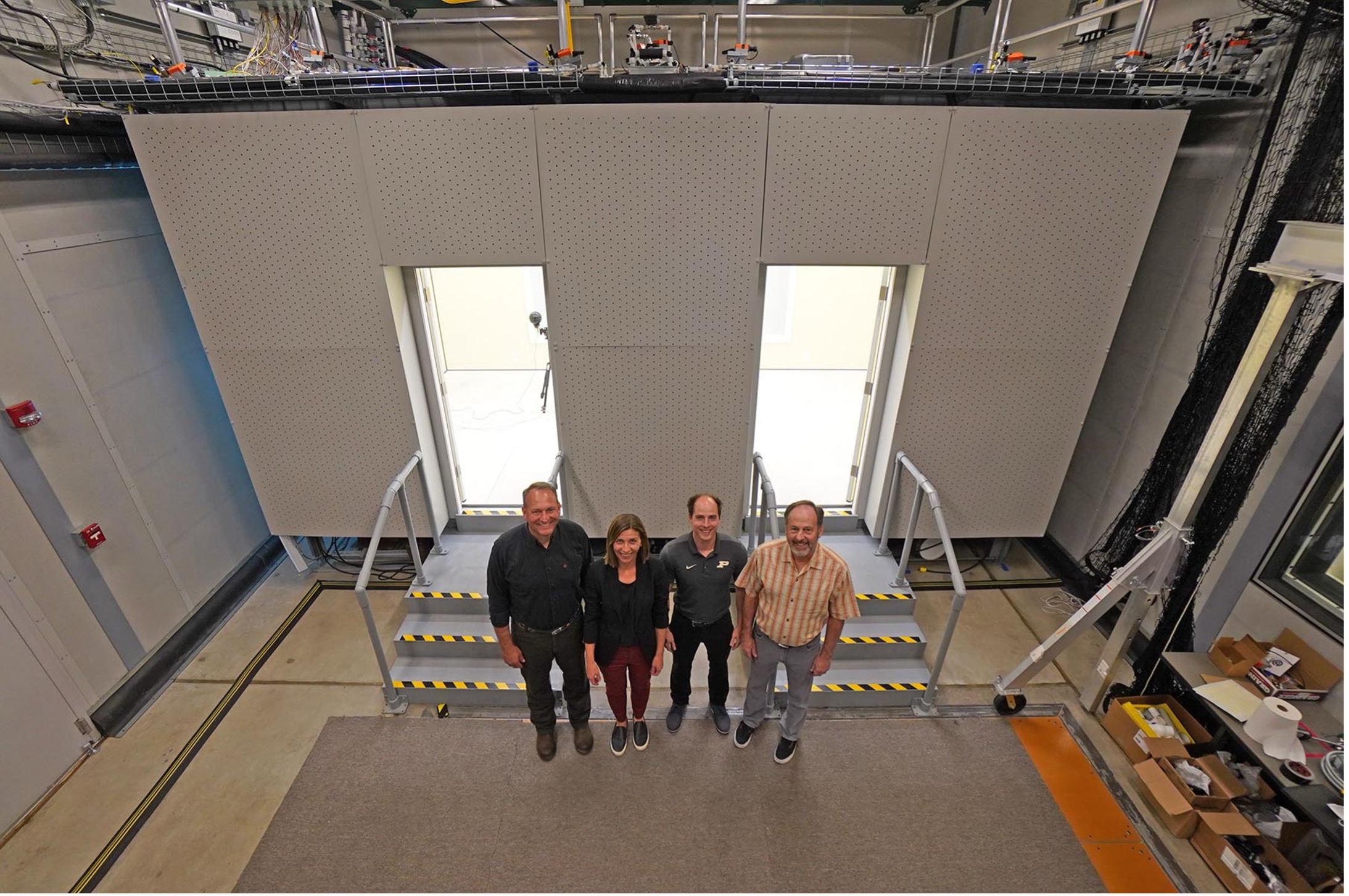
Along with teaching classes like Thermodynamics, Senior Design, and Solar Energy Technology, Braun also taught several short courses on Modeling and Design of Vapor Compression Systems. He has also supervised over 100 undergraduate, graduate, postdoctoral, and visiting scholar students during his 33 years at Purdue.
He participated in many university and outreach activities some which include: Advisory Committee to the University President, Chair of the Thermodynamics Academic Area, and Chair of the High Performance Buildings research area. Braun has sat on journal editorial boards, conference organizations, and other committees outside of Purdue.
He is a member of the American Society of Heating, Refrigerating, and Air-Conditioning Engineers (ASHRAE), ASME, and the Tau Beta Pi Engineering Society. During his time in ASHRAE he served in numerous positions including, Chairman, Vice-Chair, and Chair of different subcommittees. He also wrote 16 books and book chapters, 260 refereed archival publications, 281 conference proceedings, 11 invited articles and editorials, and 59 seminars, invited lectures and forums. Throughout his career Braun has been granted 8 patents and has 4 patent applications.
Just some of the many awards Braun has won include the E.K. Campbell Award of Merit, in recognition of outstanding service and achievement in teaching and/or research in subjects relating to the industry and professions represented by ASHRAE and the Distinguished Achievement Award from the University of Wisconsin.
Patricia Davies
 Patricia Davies earned her Bachelor of Science in Mathematics at the University of Bristol, U.K. Following that she went to the University of Southampton, U.K. and earned her Master of Science and PhD at the Institute of Sound and Vibration Research.
Patricia Davies earned her Bachelor of Science in Mathematics at the University of Bristol, U.K. Following that she went to the University of Southampton, U.K. and earned her Master of Science and PhD at the Institute of Sound and Vibration Research.
After earning her PhD, Patricia went to work as a visiting assistant professor at Purdue University’s School of Mechanical Engineering and has been a faculty member for 37 years. She was the Director of Ray W. Herrick Labs for 14 of those years.
Her research mainly focused on sound quality, signal processing, data analysis, system modeling and identification, condition monitoring of machinery, perception-based engineering, and seat-occupant modeling.
She taught many courses at Purdue including Basic Mechanics, Measurement Systems, and Engineering Projects in Community Service. Patricia also taught 16 short courses at many different universities, companies, and research centers. She’s also supervised around 100 undergraduate, graduate, and PhD students and student projects.
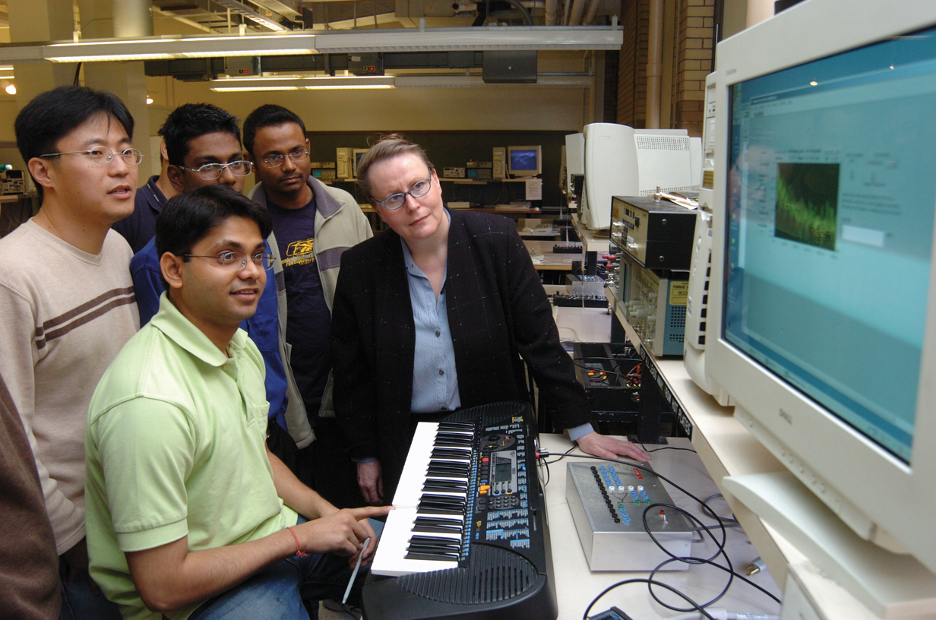
Patricia has published numerous conference papers, presentations and archival publications during her time at Purdue. She has earned three education grants, one from the National Science Foundation Instrumentation and Laboratory Improvement Program, one from the Corporation for National Service, and one from Purdue University’s Provost’s Office. Patricia has also received 50 research grants, and four grants related to facilities development and support. During her time at Purdue, Patricia has sat on numerous committees including the Herrick Labs Planning Committee, Mechanical Engineering Space Committee, Acoustics and Noise Control, and the Task Force on Equity, Anti-Racism and Inclusion.
She has also presented at multiple plenary talks, distinguished seminars, invited workshops, and presentations. Some awards she has received include the Violet Haas Award, Purdue University College of Engineering Mentorship Award, American Society of Mechanical Engineering Per Bruel Gold Medal, and the Boeing Leadership Award. Outside of Purdue, Patricia was a member of the Acoustical Society of America, Institute of Noise Control Engineering, Society of Automotive Engineers, and American Society of Mechanical Engineers.
Klod Kokini
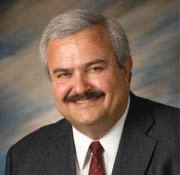 Klod Kokini earned his Bachelor of Science in mechanical engineering at Bogazici University and his Master of Science and Ph.D. in mechanical engineering at Syracuse University. A few years after graduating, Kokini came to work at Purdue University’s School of Mechanical Engineering and has been a professor for 39 years. He also had a courtesy appointment in the School of Biomedical Engineering since 2000. From 2004-2017, he was the Associate Dean for Academic Affairs for the College of Engineering.
Klod Kokini earned his Bachelor of Science in mechanical engineering at Bogazici University and his Master of Science and Ph.D. in mechanical engineering at Syracuse University. A few years after graduating, Kokini came to work at Purdue University’s School of Mechanical Engineering and has been a professor for 39 years. He also had a courtesy appointment in the School of Biomedical Engineering since 2000. From 2004-2017, he was the Associate Dean for Academic Affairs for the College of Engineering.
His research focused on thermal stresses, thermal fracture and fatigue of advanced materials and functionally graded thermal barrier coatings. He also did interdisciplinary research on mechanical behavior, design and remodeling of biological issues, effect of stress on remodeling, and microbiomechanics of cell-extracellular matrix (ECM) interactions.
He taught many courses during his time at Purdue and even developed a new interdisciplinary undergraduate senior elective called Engineering Design Using Modern Materials and developed a new graduate course called Thermal Stress Analysis. He also supervised a number of graduate students and visiting scholars.
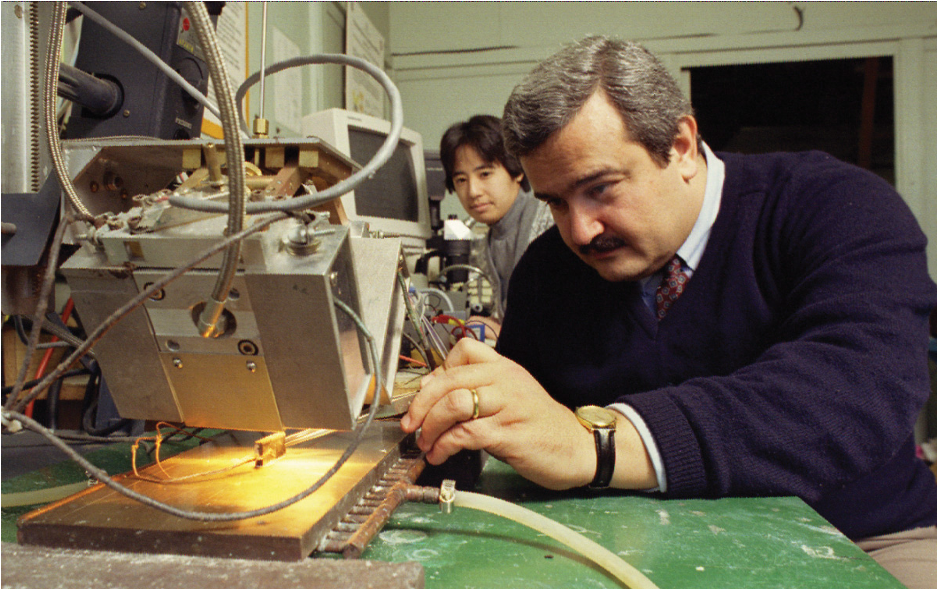
Kokini was a reviewer for many journals, including the Journal of Sound and Vibration, the National Science Foundation, ASME Transactions, and the Journal of Engineering Materials and Technology. His research was funded by NSF, as well as several companies and foundations. He has been a consultant for companies like Cummins, Ford, and General Motors. He has published numerous journal publications, conference papers and has been invited to present his work, both in the US and abroad. He also holds 3 patents.
Kokini is a Fellow of ASME and AIMBE. He has served on ASME’s Board of Diversity for many years. He has won numerous awards, including the H.L. Solberg ME Undergraduate Teaching Award, the ASME Johnson & Johnson Consumer Companies Inc. Medal, the WEPAN Advocates and Allies Award, the Purdue Dreamer Award (named after Martin Luther King Jr.), and was the first male recipient at Purdue to receive the Violet Haas Award in recognition of contributions to improve the climate for women.
Kokini has been a member of the American Society of Mechanical Engineers, American Society of Engineering Education, and the Women in Engineering ProActive Network.
Peter Meckl
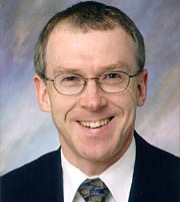 Peter Meckl received his Bachelor of Science from Northwestern University in 1981. He then went on to earn his Master of Science and his PhD from the Massachusetts Institute of Technology. Shortly after graduation, Peter became an assistant professor at Purdue University’s School of Mechanical Engineering. He has been a faculty member in the School of Mechanical Engineering for 36 years and was the Assistant Head for Facilities and Operations for 9 years.
Peter Meckl received his Bachelor of Science from Northwestern University in 1981. He then went on to earn his Master of Science and his PhD from the Massachusetts Institute of Technology. Shortly after graduation, Peter became an assistant professor at Purdue University’s School of Mechanical Engineering. He has been a faculty member in the School of Mechanical Engineering for 36 years and was the Assistant Head for Facilities and Operations for 9 years.
His research was primarily in motion and vibration control, adaptive control, intelligent control using fuzzy logic and neural networks, engine and emissions diagnostics, and robotics.
During his time at Purdue, he taught System Modeling and Analysis, Systems and Measurements, Automatic Control Systems, Theory and Design of Control Systems, Microprocessors in Electromechanical Systems, and Engineering Design.
He supervised 5 Summer Undergraduate Research Fellowship Program (SURF) students, 58 undergraduate research projects, 4 undergraduate thesis students, 25 graduate research projects, 64 master’s thesis students, 23 doctoral thesis students, 7 visiting scholars and served as a committee chair for 31 master’s non-thesis students.
Meckl has served on 16 committees during his time at Purdue, even acting as chair or co-chair for a number of them. He was also a faculty advisor for Student Pugwash, Students for Responsible Science and Engineering, Official Mechanical Engineering Graduate Association (OMEGA), and the EcoCar2 Plug-in Hybrid Electric Vehicle Competition.
Meckl is a member of 7 different societies including, the American Society of Mechanical Engineers, Pi Tau Sigma, and the American Society for Engineering Education. He has published numerous journal articles, conference proceedings papers, and book reviews.
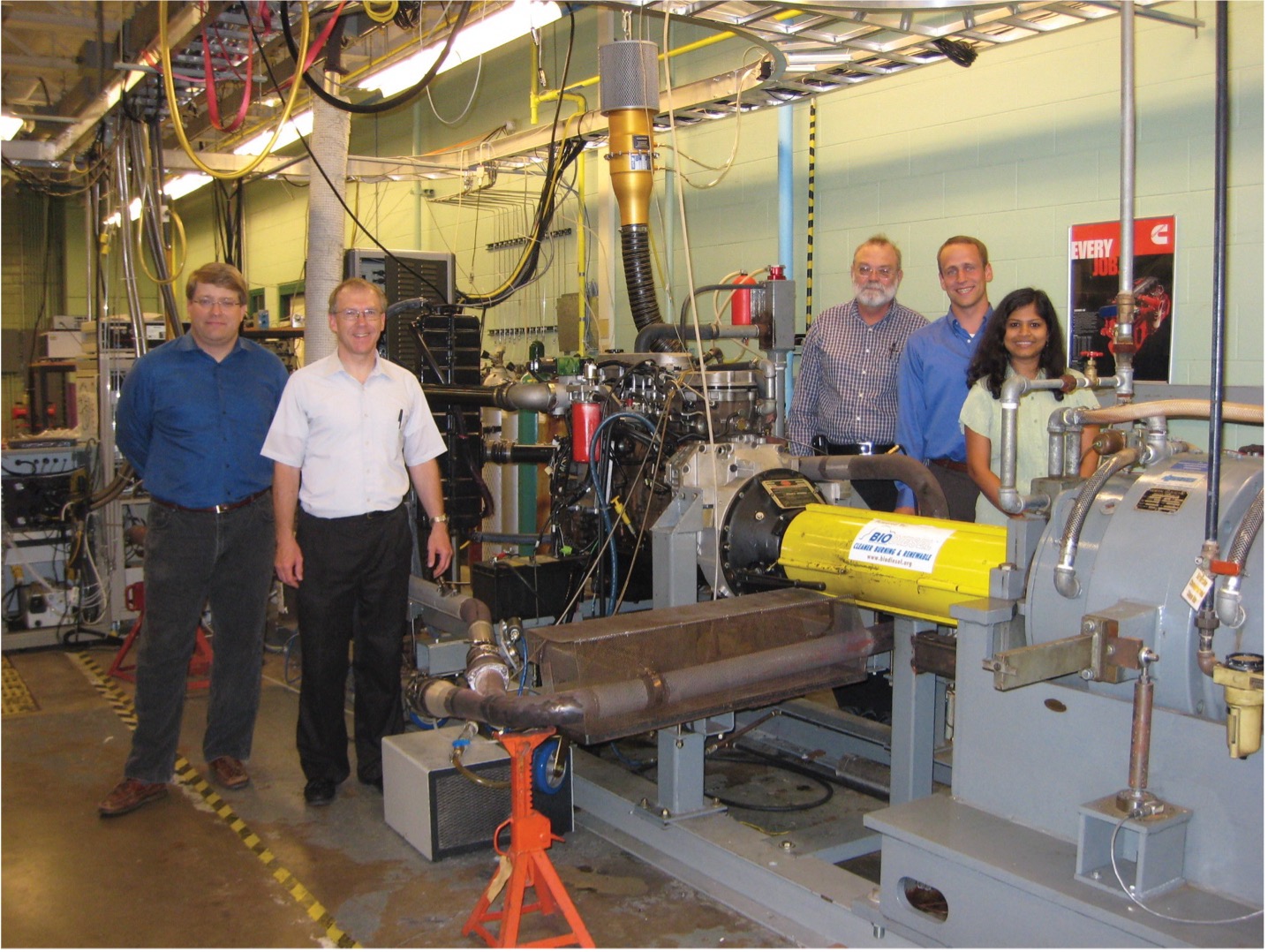
He served as a reviewer for a number of journals such as the ASME Journal of Dynamic Systems, Measurement, and Control, Automatica, and the Journal of Vibration and Control. He has won numerous awards including the Ruth & Joel Spira Award for Excellence in Teaching and the Undergraduate Advising Award of Excellence from the College of Engineering. He is also a singer and a passionate advocate for the Lafayette Bach Chorale (now the Lafayette Master Chorale).
Gordon Pennock
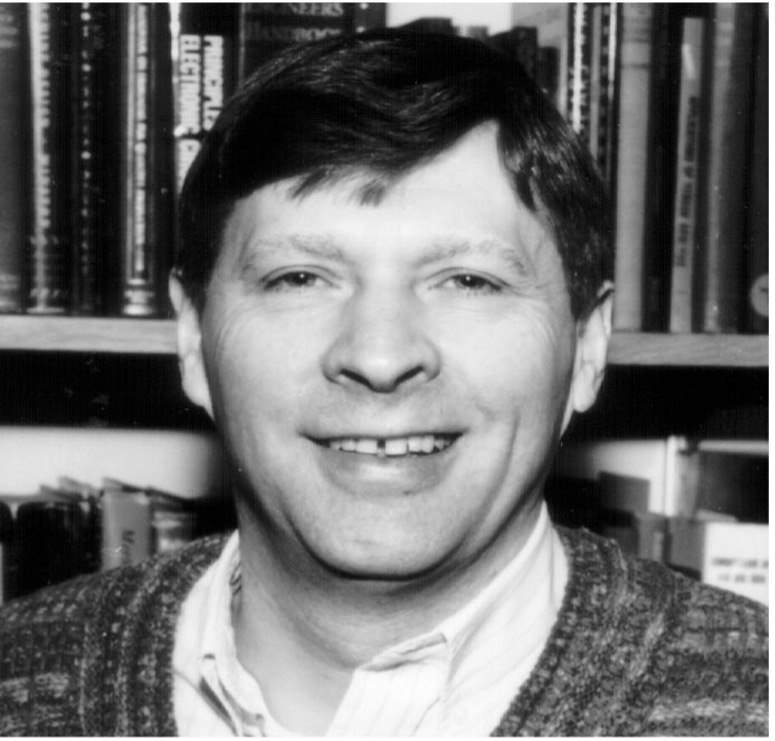 Gordon Pennock started his career off in 1964 as an aircraft engineer for the British Royal Navy. In 1969, he obtained a Higher National Diploma in mechanical engineering from Belfast Technical College. He earned his Bachelor of Science in mechanical engineering from Heriot-Watt University, and then a Master of Engineering Science from the School of Industrial and Mechanical Engineering from the University of New South Wales, Sydney. He went on to earn a Ph.D. in mechanical engineering from the University of California, Davis.
Gordon Pennock started his career off in 1964 as an aircraft engineer for the British Royal Navy. In 1969, he obtained a Higher National Diploma in mechanical engineering from Belfast Technical College. He earned his Bachelor of Science in mechanical engineering from Heriot-Watt University, and then a Master of Engineering Science from the School of Industrial and Mechanical Engineering from the University of New South Wales, Sydney. He went on to earn a Ph.D. in mechanical engineering from the University of California, Davis.
Gordon joined Purdue University’s School of Mechanical Engineering in July of 1983 and has been a faculty member for 41 years. His teaching was primarily in the areas of mechanisms and machine design and his research was in theoretical kinematics and the dynamics of mechanical motion. He applied his research to robotics, rotary machinery, and biomechanics, including the kinematics, and dynamics of articulated rigid-body mechanical systems.
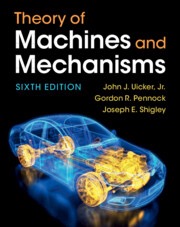
He has published approximately 200 technical articles and co-authored the engineering textbook Theory of Machines and Mechanisms published by the McGraw-Hill Book Company, Oxford University Press, and Cambridge University Press.
Gordon often spoke at symposiums, workshops, and conferences. He also served on several national and international committees, some which include being the student section advisor for the American Society of Mechanical Engineers (ASME) at Purdue, Region VI College Relations Chairman, Senior Representative for the Student Section Committee and a member of the Board on Student Affairs.
Gordon has received numerous awards during his career. He was also recognized by the Central Indiana Section of ASME when they established the Gordon R. Pennock Outstanding Student Award, which is presented annually to a senior student in the ASME student section at Purdue, for showing outstanding service and academic achievement.
Gordon is a life fellow of ASME, a fellow of the Society of Automotive Engineers (SAE), a fellow and chartered engineer of the Institution of Mechanical Engineers (CEng, IMechE), United Kingdom, a senior member of the Institute of Electrical and Electronics Engineers (IEEE), and a life member of the Society of Manufacturing Engineers (SME).
Upon his retirement from active duty with Purdue University on July 31, 2024, by authority of the Board of Trustees Gordon received the designation Professor Emeritus of Mechanical Engineering.
Steven Wereley
Steven Wereley earned his Bachelor of Arts in physics from Lawrence University and his Bachelor of Science from Washington University. He then went on to earn his Master of Science and Ph.D. in mechanical engineering from Northwestern University. After graduating, he came to work at Purdue as an Assistant Professor, and served for 25 years as a Full Professor before retiring in January 2025. Over the years, he also served as a Visiting International Professor at the Instituto Tecnológio y de Estudios Superiores de Monterrey, as well as an Alexander von Humboldt Fellow at both the Universität der Bumdeswehr and the Technische Universität Darmstadt in Germany.
His research mainly focused on micro and nanoscale fluid mechanics, MEMS, biological flows at the cellular level, and the development of microfluidic diagnostic techniques. Wereley gained notoriety in 2010 after the Deepwater Horizon oil spill, using fluid mechanics to determine exactly how much oil was being discharged into the Gulf of Mexico.
Wereley has authored 14 book chapters, 100 journal publications, close to 200 conference presentations/papers, and a handful of articles. He has also taught numerous short courses on topics ranging from fluid mechanics to micro/nanofluidics and has guest lectured for many professors.
During his career, he has received $2.8M in funding individually and his team has received $20M in funding. Wereley is a Purdue Innovator Hall of Fame inductee and received the 3M Nontenured Faculty Award three years in a row. He is a member in a handful of societies including Pi Tau Sigma, American Physical Society, American Society of Mechanical Engineers, and the American Institute of Aeronautics and Astronautics.
Some of the classes he’s taught are Introduction to Fluid Mechanics, Special Topics in Nanotechnology Research Experience, and Theory of Boundary Layer Flows. During his time at Purdue, he has served as fluid mechanics area chair, faculty advisor to Pi Tau Sigma, and served on the ME Head’s Advisory Council and the ME Research Committee.
Outside of teaching and doing research, he’s an editor for Scientific Reports, the Journal of Microfluidics and Nanofluidics and the ASME Journal of Fluids Engineering. He also does journal reviews for the AIAA Journal, the AIChE Journal and the Journal of Fluids Engineering.
